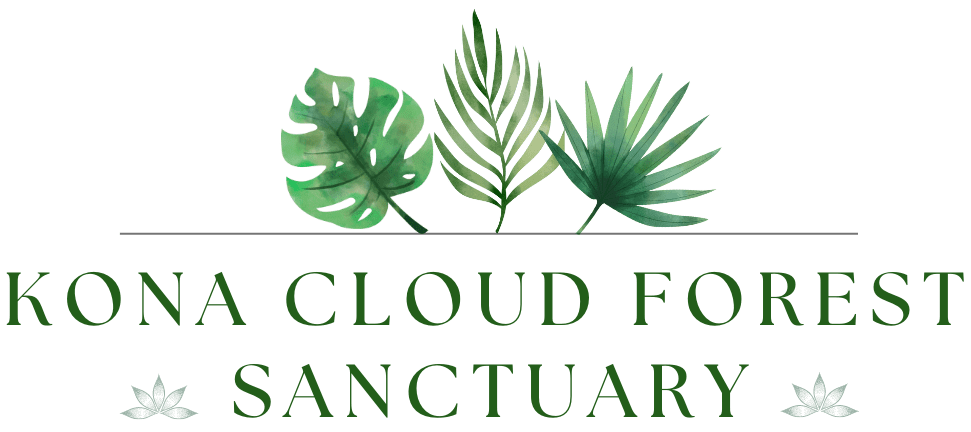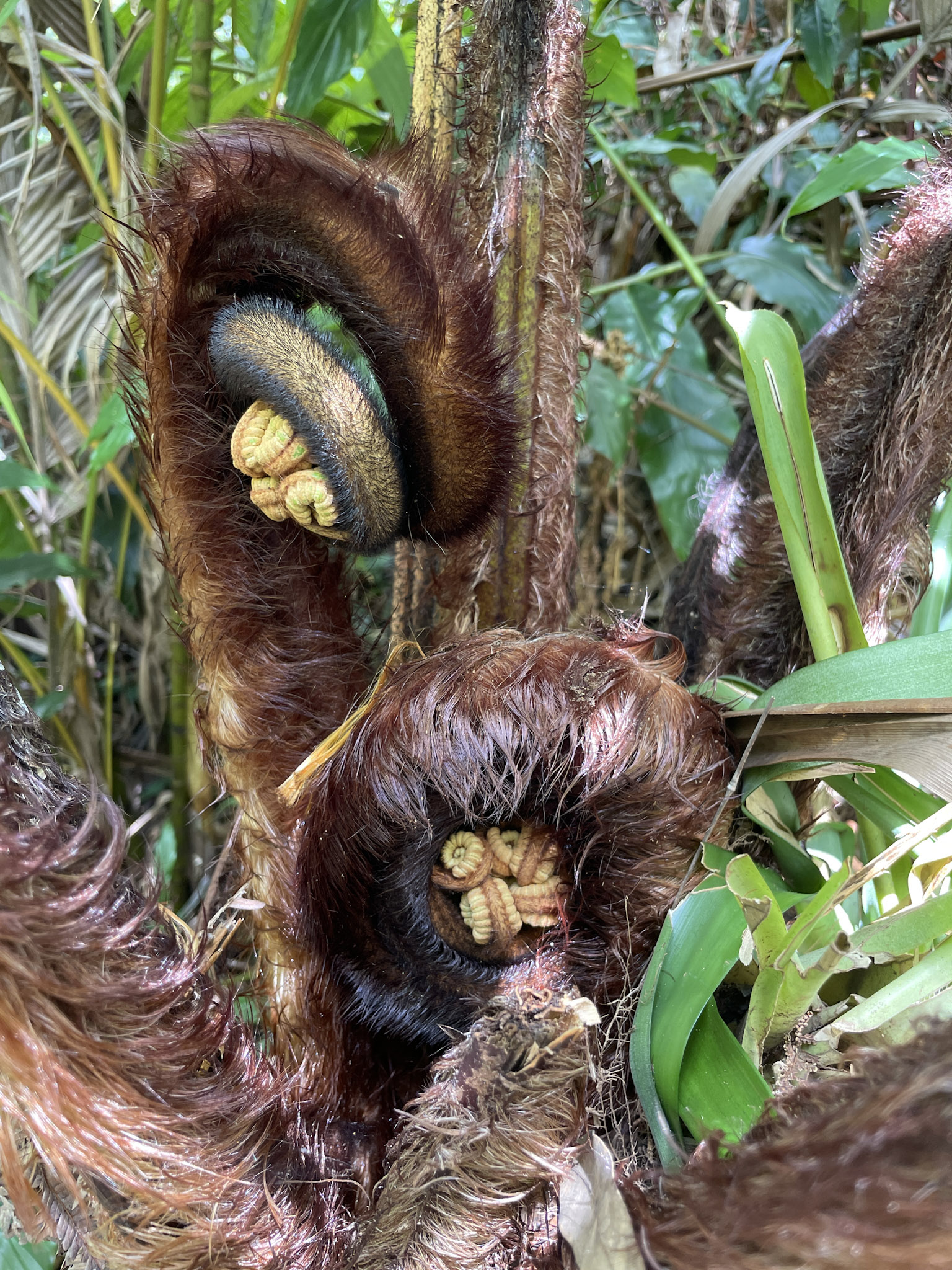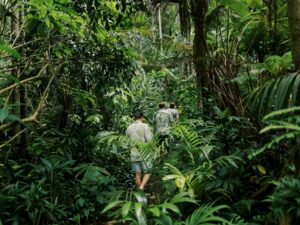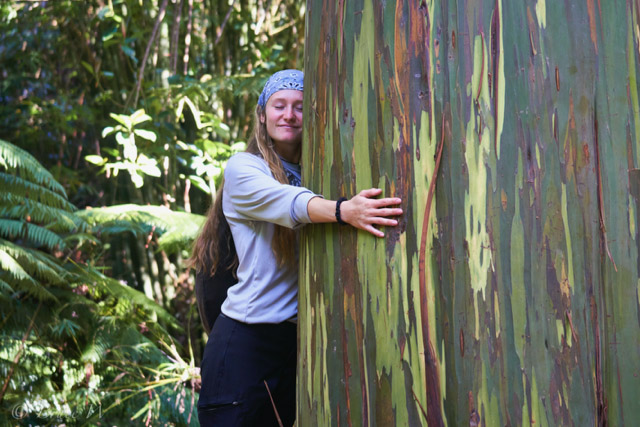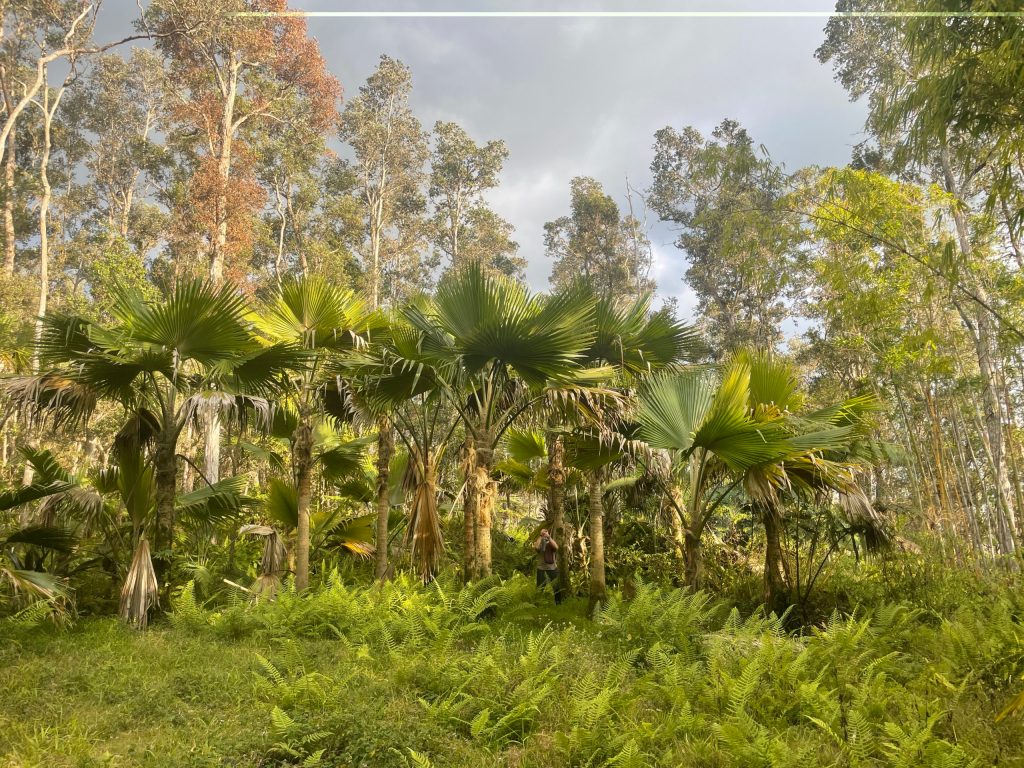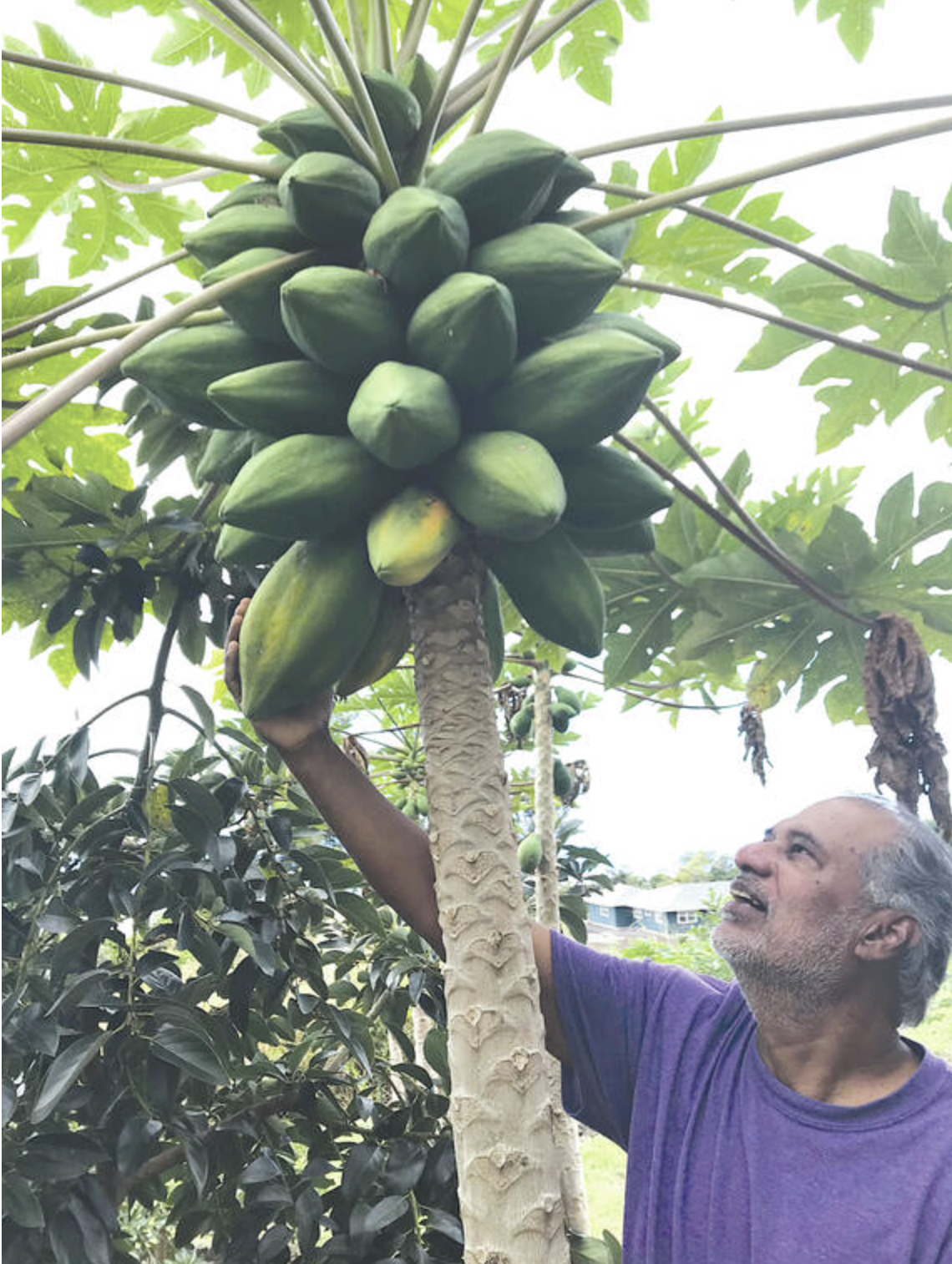Imagine a world without the lush greenery of forests, the vibrant colors of wildflowers, or the soothing shade of towering trees. It’s hard to fathom, isn’t it? The truth is, our planet’s botanical wonders are not only a sight to behold but a critical component of our ecosystem. In this article, we’ll delve into the significance of botanical consulting in conservation and why it matters to all of us.
Understanding Botanical Consulting
Botanical consulting is a specialized field that revolves around the in-depth study of plants and their ecosystems. Botanical consultants are akin to nature’s detectives, delving into the intricacies of plant life. They possess a deep understanding of plant biology, ecology, and taxonomy, allowing them to identify and classify various plant species. Moreover, they investigate the relationships plants have with other organisms, such as insects, birds, and fungi, which are crucial for the overall health of ecosystems.
These experts are well-versed in the unique adaptations of plants to their environments, helping them identify rare and endangered species. They utilize their knowledge to unravel the mysteries hidden within the plant kingdom, shedding light on the vital role plants play in our world.
The Role of Botanical Consultants
Botanical consultants serve as indispensable guides in the realm of conservation. They bring their expertise to the forefront by assessing plant populations in different ecosystems through extensive fieldwork and research. By understanding the distribution and health of these plants, they can recommend strategies and interventions to protect them from further decline.
Their role extends beyond preservation; they also contribute to habitat restoration and management plans, ensuring that ecosystems remain balanced and resilient. Botanical consultants are the bridge between scientific knowledge and on-the-ground action, making their input critical in shaping conservation efforts.
Preserving Biodiversity
Biodiversity is the variety of life on Earth, and plants are the foundation of this diversity. Botanical consultants are dedicated to preserving this rich tapestry of plant life by working diligently to conserve a wide range of plant species, from towering trees to delicate wildflowers. By safeguarding plant diversity, they indirectly protect countless animal species that rely on these plants for food, shelter, and habitat.
In essence, botanical consultants act as guardians of Earth’s biological heritage, ensuring that the interconnected web of life remains intact.
Conservation of Medicinal Plants
Throughout human history, plants have been our primary source of medicine and botanical consultants are instrumental in identifying and preserving medicinal plants. By studying these plants’ distribution and medicinal properties, they help ensure that future generations have access to natural remedies for various ailments.
The conservation of medicinal plants is not only a matter of health, but also a cultural and historical legacy. The role botanical consultants play in safeguarding these valuable resources is vital.
Restoring Ecosystems
Human activities, such as deforestation and urbanization, often disrupt ecosystems. Botanical consultants step in to aid in ecosystem restoration projects where they carefully select and plant native species, ensuring that the balance and diversity of these ecosystems are maintained.
These restoration efforts not only heal the natural world but also provide essential ecosystem services, such as clean water, pollination, and soil stabilization.
Educational Outreach
Botanical consultants understand that raising public awareness is key to conservation success. They organize workshops, nature walks, and engage with schools to inspire the next generation of plant enthusiasts. Through education, they foster an appreciation for plants and their importance in our lives.
Their outreach efforts empower individuals to become advocates for plant conservation, amplifying the impact of their work beyond their own expertise.
Economic Benefits
Botanical conservation is not just about saving plants; it’s also about safeguarding our economy. Many industries, including agriculture, pharmaceuticals, and cosmetics, rely on plants for their products. Botanical consultants can help ensure a sustainable supply of these resources by preserving plant diversity and preventing overexploitation.
In doing so, they contribute to the stability and longevity of industries that rely on plant-derived materials, supporting livelihoods and economic growth.
Challenges in Botanical Conservation
Botanical consultants face numerous challenges in their mission to protect plant life. Habitat destruction due to urbanization and agriculture, the growing impact of climate change, and the proliferation of invasive species are among the formidable obstacles they encounter. These challenges require innovative solutions and concerted efforts from scientists, policymakers, and the public to overcome.
Despite these hurdles, botanical consultants remain dedicated to their cause, demonstrating resilience and determination in the face of adversity.
Getting Involved
Individuals who are inspired by the work of botanical consultants can actively contribute to conservation efforts. Joining local conservation organizations, participating in tree planting events, supporting botanical gardens, and creating your own mini-botanical garden are just a few ways to get involved. By taking action, you become part of the collective effort to preserve the natural world for future generations.
Conclusion
In a world where urbanization and industrialization seem to take precedence, botanical consulting emerges as a beacon of hope for our natural world. These dedicated individuals remind us of the beauty and importance of plants, and they work tirelessly to ensure that our planet remains green and vibrant. Botanical consulting isn’t just a niche field; it’s a vital force in the ongoing effort to protect and preserve the natural world for generations to come. So, next time you take a walk in the woods or admire a blooming flower, remember that there are passionate individuals out there working behind the scenes to ensure that such wonders endure for us and for future generations.
FAQs About Botanical Consulting
What qualifications do you need to become a botanical consultant?
To become a botanical consultant, you typically need a bachelor’s or master’s degree in botany or a related field. Practical experience and a passion for plants are also essential.
How can I support botanical conservation efforts in my community?
You can support botanical conservation by volunteering with local organizations, participating in clean-up events, and spreading awareness about the importance of plants.
Are botanical consultants only focused on rare and endangered plants?
While they do focus on protecting rare and endangered species, botanical consultants also work to conserve all plant species and their habitats.
How do botanical consultants contribute to climate change mitigation?
Botanical consultants contribute to climate change mitigation by advocating for the preservation of forests and other plant-rich ecosystems that act as carbon sinks.
Can I hire a botanical consultant for my garden?
Yes, you can hire a botanical consultant for your garden to help with plant selection, soil analysis, and overall garden health.
